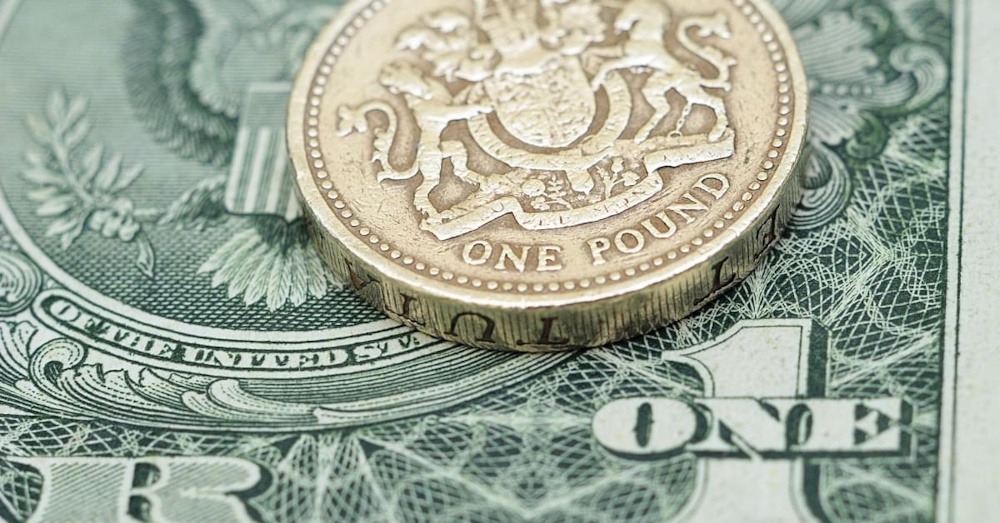The EUR/GBP pair shows an upward movement on Friday, yet it stays below the 0.8700 mark after reaching a daily peak of 0.8725 earlier in the European session. The ongoing political instability in France, coupled with the stagnant economy in the UK, is likely to maintain the cross-pair trading range between 0.8650 and 0.8750.
The EUR/GBP is currently fluctuating within a narrow range of 0.8650 to 0.8750, influenced by the political instability in France and the stagnant employment situation in Britain. Macron’s meeting with the opposition has resulted in minimal advancement; the postponement of pension reform indicates ongoing instability in France. Market participants are closely monitoring the differing trajectories of monetary policy, anticipating that the ECB will maintain its current stance, whereas the BoE is projected to implement two rate cuts in 2026.
The Euro stabilizes as uncertainty in Paris counterbalances a weak outlook for the UK and dovish expectations from the Bank of England : The market sentiment shifted to a bearish outlook following US President Donald Trump’s warning of potential new tariffs on China, in response to China’s recent export restrictions on rare earth materials. The meeting between the opposing parties and French President Emmanuel Macron has concluded. Marine Tondelier stated that Macron is prepared to postpone the implementation of pension reform further. She stated that she does not anticipate a premier from the left. Meanwhile, the jobs market in Britain continues to exhibit sluggishness, according to findings from a survey of recruitment companies. The current uncertainty surrounding UK public finances is exerting pressure on Sterling, with investors anticipating a rise in taxes to enable Chancellor Rachel Reeves to achieve her fiscal objectives.
From a central bank perspective, the Bank of England and the European Central Bank are anticipated to maintain their current rates. Nevertheless, the former is anticipated to implement two cuts next year, while the ECB has concluded its easing cycle, as affirmed by President Christine Lagarde, who stated that the disinflation process has come to an end.

